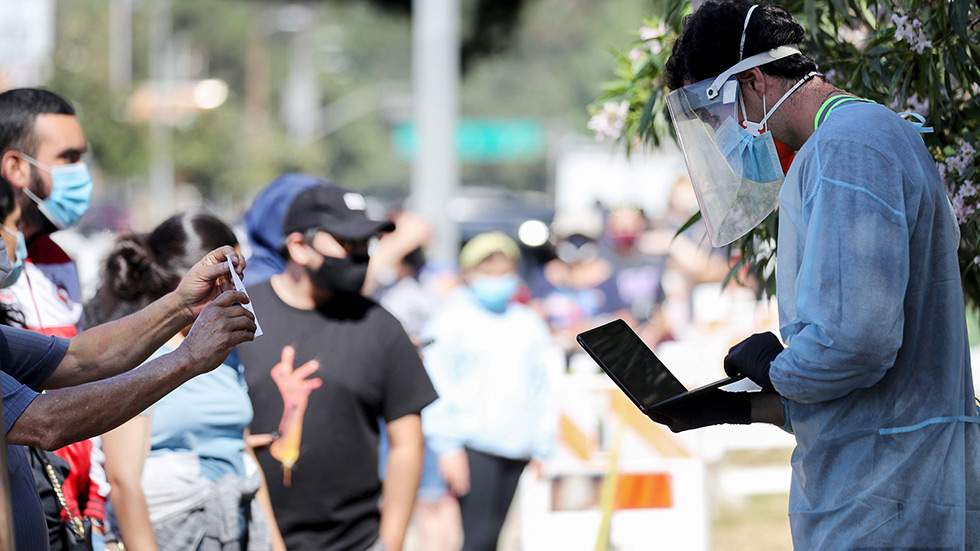- Joined
- Dec 26, 2006
- Messages
- 7,100
- Reaction score
- 17,534
"...This is where physician assistants (PAs) and advanced practice nurses (APRNs) come in. Many people don't realize that PAs and APRNs have been around for over 50 years. Both professions trace their roots to another physician shortage. In the late 1960s, in the throes of the Vietnam War, the U.S. was in desperate need of physicians but it couldn't get them trained fast enough to help during combat. The solution: PAs and APRNs, who are trained to practice medicine and advanced practice nursing, respectively, and help provide essential health care to those who need it most.
For 50 years, a plethora of research has shown that PAs and APRNs are safe, reliable, high quality health care providers and essential members of the health care team. But too often critics claim that because they have not gone through physician training, they cannot provide exceptional medical and surgical care. In fact, they already do. A recent comprehensive review of PA and APRN outcomes from 2008 to 2018 found that PAs and APRNs had similar outcomes compared to physicians including hospital length of stay, readmission rates, quality and safety and patient and staff satisfaction
..."

Now, obviously the AAAA doesn't share this position that has been longstanding with APRNs and somewhat of a recent development with PA-Cs, but doesn't it seem like almost an inevitable evolution that mid-level orgs would want more money and more autonomy for its members, especially when the barrier to such entry is surmountable solely by legislative means? Thoughts, @jwk ?
For 50 years, a plethora of research has shown that PAs and APRNs are safe, reliable, high quality health care providers and essential members of the health care team. But too often critics claim that because they have not gone through physician training, they cannot provide exceptional medical and surgical care. In fact, they already do. A recent comprehensive review of PA and APRN outcomes from 2008 to 2018 found that PAs and APRNs had similar outcomes compared to physicians including hospital length of stay, readmission rates, quality and safety and patient and staff satisfaction
..."

COVID-19: We can’t bounce back with only physicians
The catastrophic COVID-19 loss of life has been insurmountable — we need physician assistants and advanced practice nurses.
www.google.com
Now, obviously the AAAA doesn't share this position that has been longstanding with APRNs and somewhat of a recent development with PA-Cs, but doesn't it seem like almost an inevitable evolution that mid-level orgs would want more money and more autonomy for its members, especially when the barrier to such entry is surmountable solely by legislative means? Thoughts, @jwk ?

